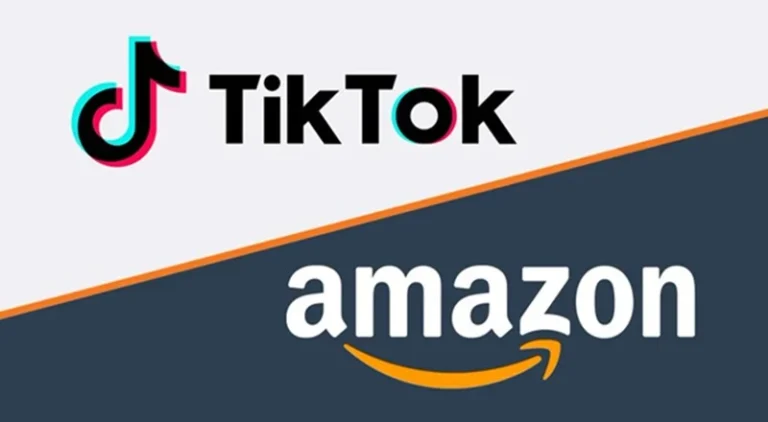In a dramatic turn of events just days before the deadline for a potential TikTok ban in the U.S., Amazon has reportedly entered the race to acquire the social media platform’s American operations.
With the April 5, 2025, cutoff looming, Amazon’s last-minute offer has raised the stakes in the ongoing battle over TikTok’s future. The platform, which boasts nearly half the U.S. population among its users, is now at the heart of a high-stakes corporate and political showdown, with its fate hanging in the balance.
Amazon’s Bid: A Last-Minute Twist
According to sources close to the negotiations, Amazon submitted its offer earlier this week in a letter addressed to Vice President JD Vance and Commerce Secretary Howard Lutnick. The New York Times first reported on the bid, which was later confirmed by multiple officials familiar with White House-led discussions. However, doubts have emerged within the administration regarding the timing and structure of Amazon’s proposal, with some questioning whether the company’s interest is genuine or part of a larger strategic maneuver.
The Growing Field of Contenders
Amazon is not the only company vying for TikTok’s U.S. division. For months, a consortium led by Oracle, in partnership with venture capital firm Andreessen Horowitz, has been in talks to acquire the platform. Additionally, another bid, reportedly backed by non-Chinese stakeholders such as Susquehanna International Group and General Atlantic, could include funding from Blackstone. The unexpected involvement of Amazon, a company traditionally focused on e-commerce and cloud computing, suggests a shift in its broader digital strategy.
A Strategic Shift for Amazon
While Amazon has previously experimented with short-form content through its Inspire platform—a TikTok-style shopping feed that was discontinued last month—the acquisition of TikTok would immediately position the company as a dominant player in the attention economy. Gaining ownership of TikTok would provide Amazon with direct access to a highly engaged Gen Z and millennial audience, drastically reshaping its influence in the digital content and advertising space.
However, such a move would likely face scrutiny from antitrust regulators. Amazon has long been under the watchful eye of the Federal Trade Commission (FTC) and the Justice Department due to concerns over its growing dominance across multiple sectors. A TikTok acquisition could intensify these concerns, further complicating Amazon’s path forward.
Regulatory Concerns and Political Pressure
Vice President JD Vance, who has been leading the administration’s efforts to resolve the TikTok impasse, has acknowledged the difficulties of finalizing a deal with such a tight deadline. In a recent NBC News interview, Vance suggested that a preliminary agreement could be reached by the April 5 deadline, but closing the deal would likely require more time.
Former President Donald Trump, whose administration originally pushed for TikTok’s divestiture, has hinted at the possibility of granting a grace period if there are signs of meaningful progress in negotiations. However, Vance and other officials remain cautious about extending the deadline further.
The Broader Implications
Regardless of whether Amazon succeeds in its bid, the situation highlights TikTok’s immense cultural and financial influence. Once dismissed as a passing trend, TikTok has evolved into a vital asset in the global tech competition, with far-reaching implications for data privacy, digital governance, and global tech relations.
As the deadline approaches, Washington faces increasing pressure to resolve the issue. Whether through a sale, forced shutdown, or executive intervention, the outcome will have lasting effects on the future of TikTok in the U.S. and will shape the digital landscape for years to come.
For now, TikTok’s future remains uncertain. Users, investors, and competitors are all watching closely as the Biden administration weighs its next steps. The resolution of this issue will not only determine TikTok’s survival but also signal broader shifts in global tech regulation and the ongoing battle for digital dominance.








